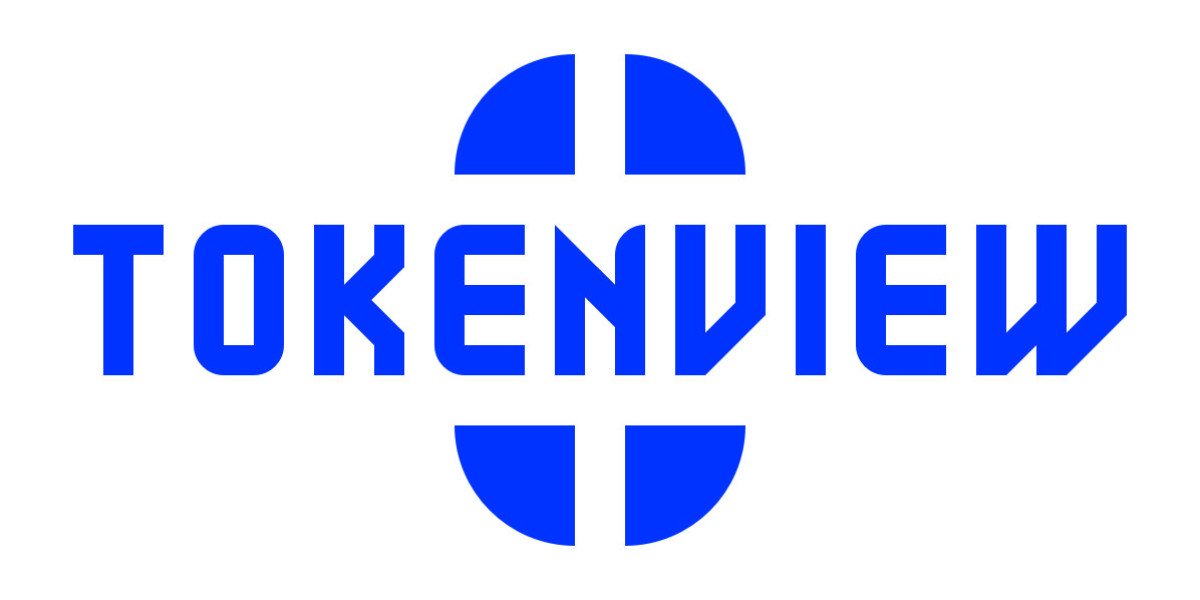This shift has prompted organizations to adjust and modify their business models. Often, people think of blockchain data api and big data as operating independently, each with its silo.
Blockchain is essentially a distributed ledger system that carefully records and verifies business transactions and assets over a network. Data science, on the other hand, is the art of extracting meaningful insights from raw and structured data. As these technologies evolve, so does the amount of data and its complexity. The real power comes when the capabilities of blockchain and data analytics come together to leverage the strengths of both.
The adoption rate of blockchain data api technology has increased dramatically over the past decade. According to a study, the global blockchain market was worth $2.89 billion in 2019 and is expected to soar to $137.29 billion by 2027, with a compound annual growth rate of 62.7%. The integration of blockchain with data science will further expand its market value.
So, what exactly is blockchain analytics?
The global cryptocurrency market was valued at $1.49 billion in 2020 and is expected to grow at a compound annual growth rate of 12.8% from 2021 to 2030. blockchain data api analytics is defined as the process of examining, identifying, grouping, modeling, and graphically representing data on a blockchain. The goal of analyzing blockchain data is to extract actionable insights about players in the cryptocurrency space.
Blockchain data analysis involves scrutinizing a series of blocks of data arranged in chronological order. By using blockchain data api analytics tools, users can gain key insights and assess risk by examining, classifying, and tracking blockchain transactions. Among the most exciting applications in data science, blockchain data analytics stands out for its wide range of analytical capabilities.
The technology also enables regulators and law enforcement agencies to track and identify illegal activity by providing full transparency for unauthorized transactions. Increased visibility into trends and investments, enabling individuals and organizations to make more informed decisions.
Let's look at how blockchain data api connects to the world of data analytics.
Understand blockchain technology
Blockchain technology first came to prominence with the development of Bitcoin, the pioneering cryptocurrency. Its success has sparked the creation of many alternative cryptocurrencies, all of which make use of blockchain data api technology. This innovation is often compared to the revolutionary impact of double-entry bookkeeping in the business world, heralding a new era of transaction certainty and security.
At its core, blockchain is a distributed ledger that is transparent and accessible to all but is protected from manipulation. It is a reliable record of economic transactions.
There are two main forms of blockchain data api: private and public. A private blockchain is a closed network where only authorized participants can read and write data. In contrast, public blockchains are open to any Internet user, allowing all connected nodes to view information and transactions without requiring special privileges. Public blockchains, including most cryptocurrencies, provide unlimited access to transaction data.
Search
Popular Posts
-
 Developing Resilience for Online Academic Success
By Gracelee04
Developing Resilience for Online Academic Success
By Gracelee04 -
 Take My Class Online: Optimize Your Study Time
By Gracelee04
Take My Class Online: Optimize Your Study Time
By Gracelee04 -
 10 Tips For Wall Mount Electric Fireplace That Are Unexpected
10 Tips For Wall Mount Electric Fireplace That Are Unexpected
-
 Get To Know With The Steve Jobs Of The Slot Design Industry
By rainbet3727
Get To Know With The Steve Jobs Of The Slot Design Industry
By rainbet3727 -
 Procrastinator you too relive a test for
Procrastinator you too relive a test for



